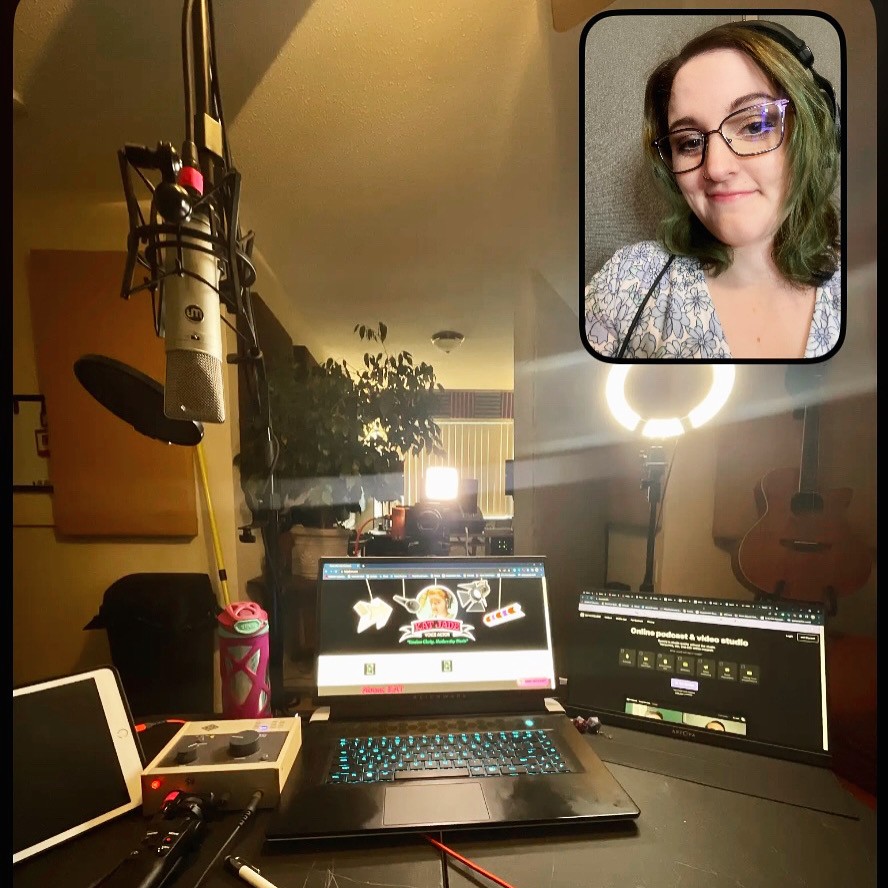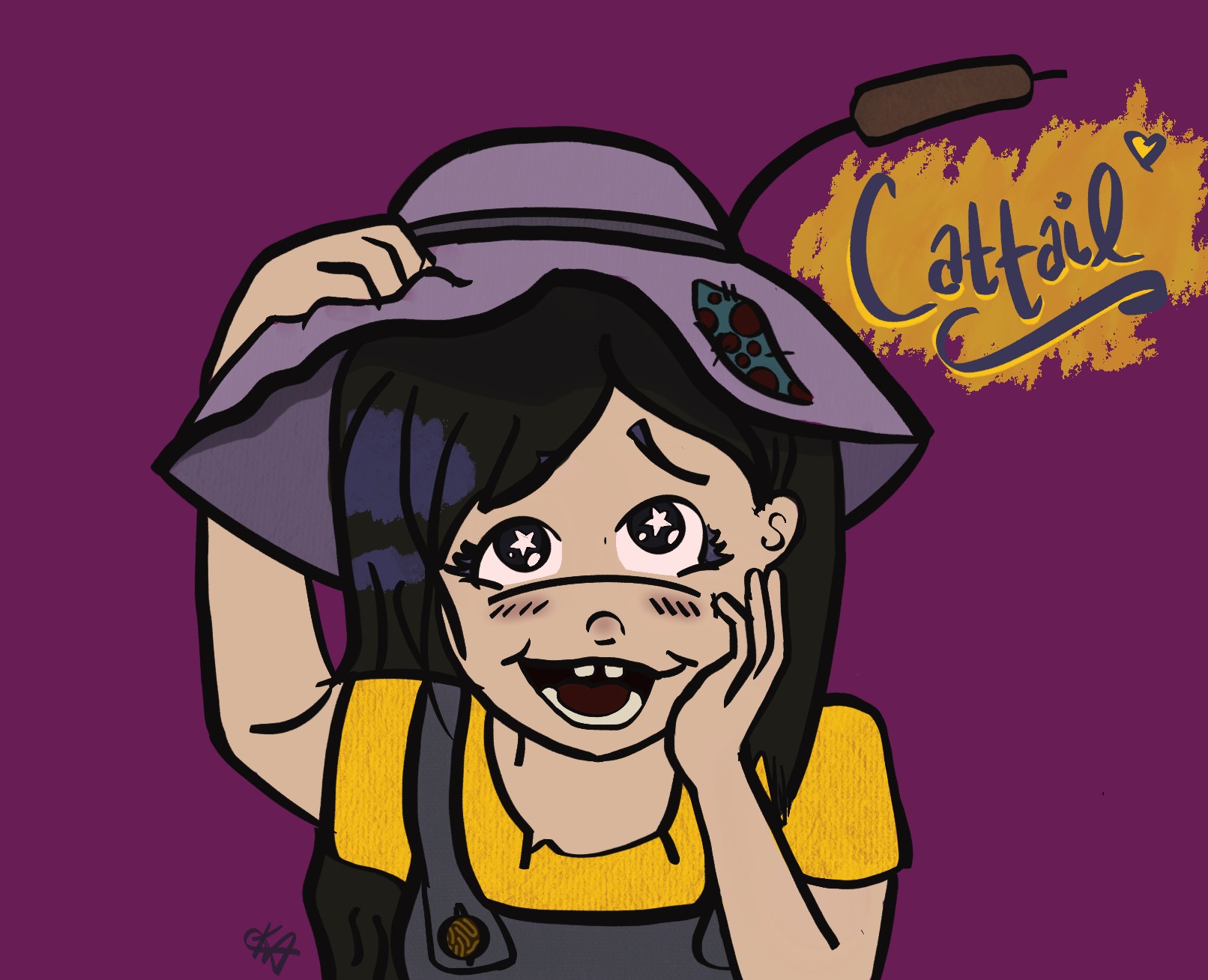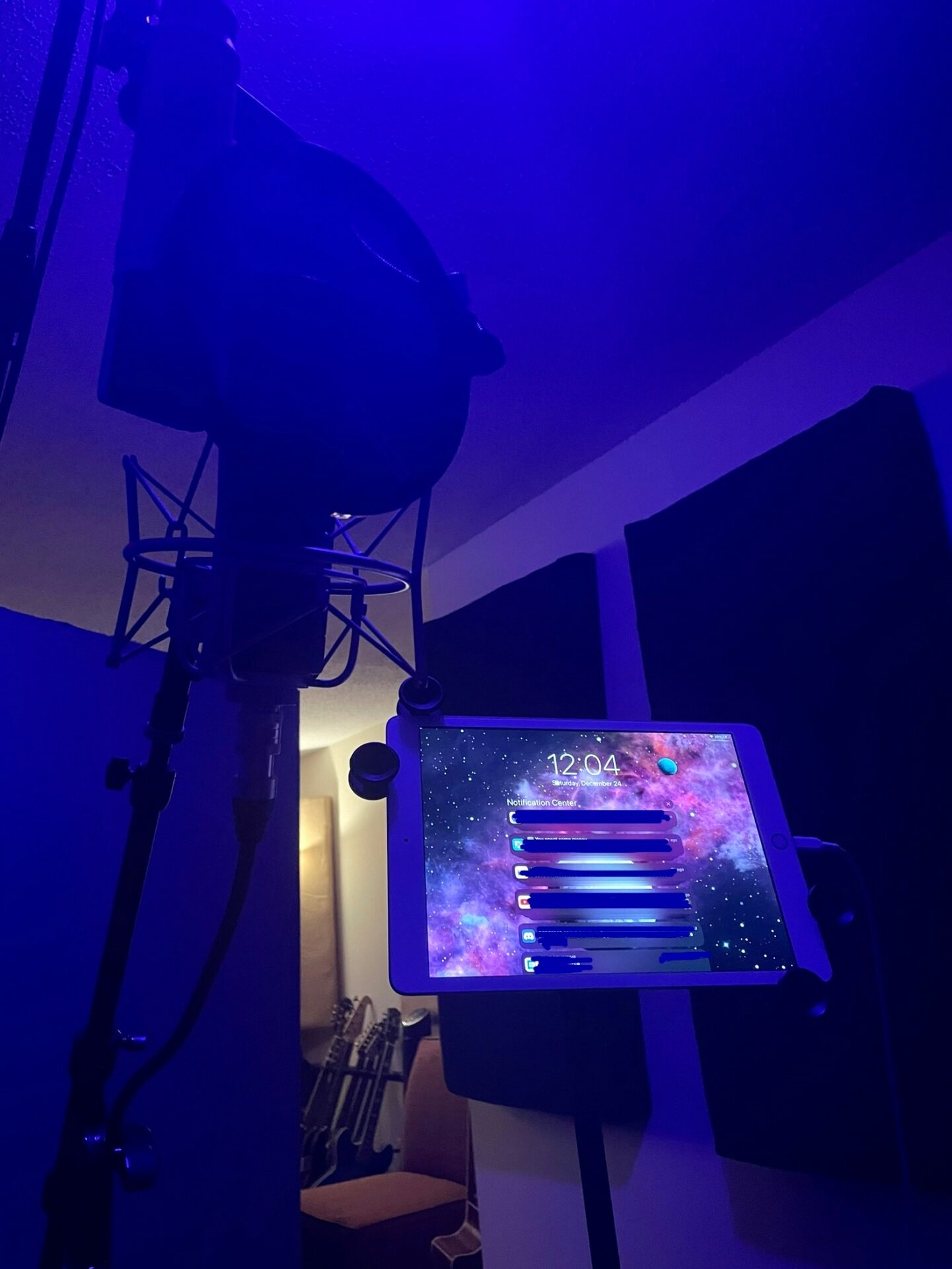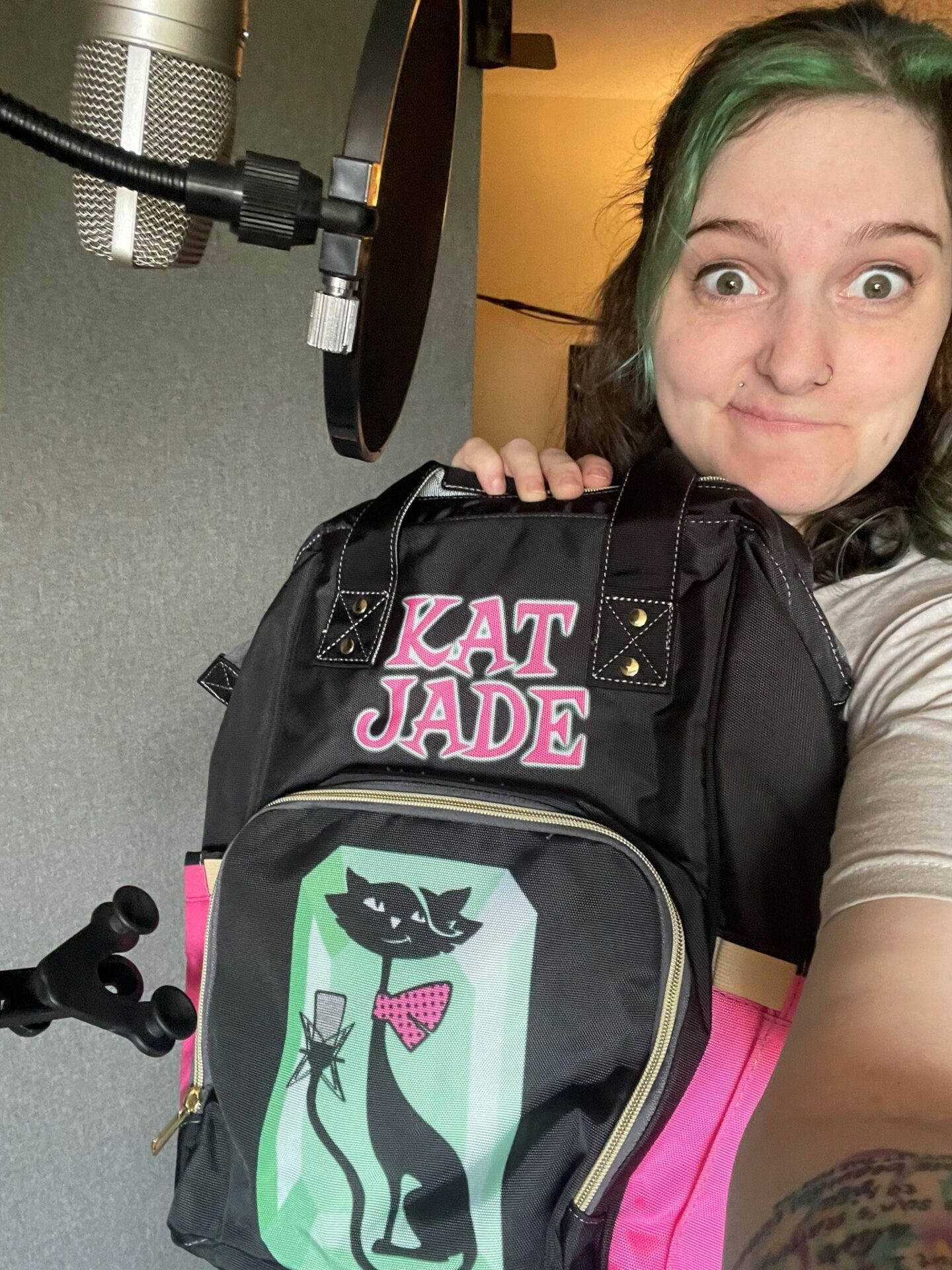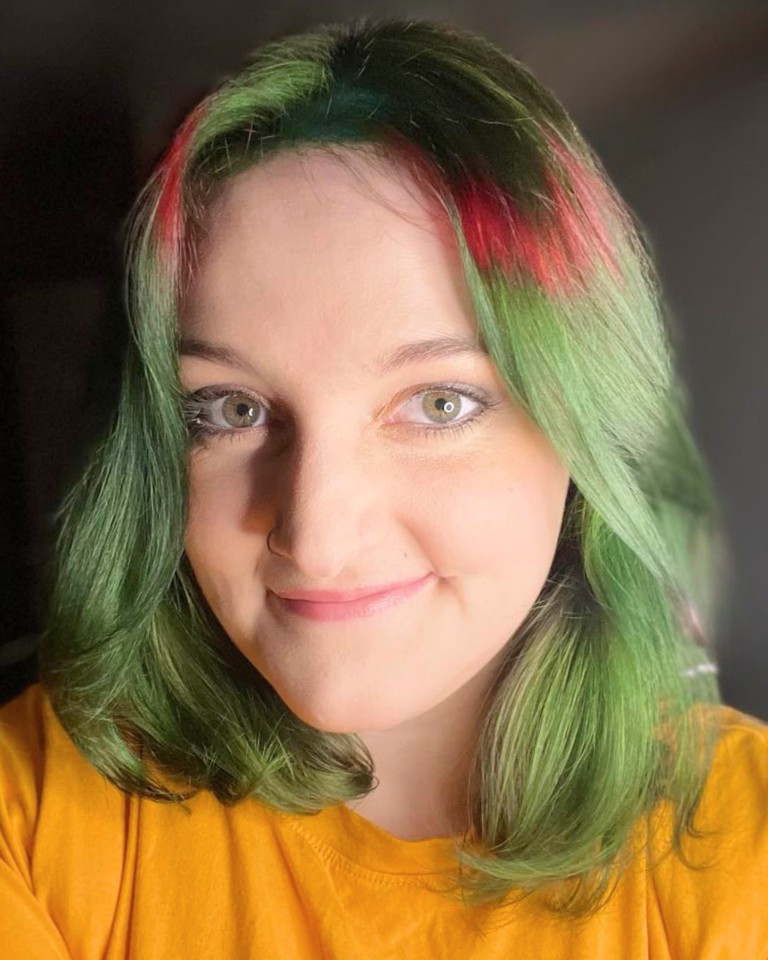We caught up with the brilliant and insightful Kathryn Jade Jarvie a few weeks ago and have shared our conversation below.
Kathryn Jade, we’re so excited for our community to get to know you and learn from your journey and the wisdom you’ve acquired over time. Let’s kick things off with a discussion on self-confidence and self-esteem. How did you develop yours?
Confidence and self-esteem aren’t something you can work to “acquire” in a finalized sense, I think. I am of the impression that confidence is a practice, much like having patience or being compassionate, or any other value we learn as children. The difference is that those other values come into play while practicing confidence. It wasn’t until I started practicing patience and compassion with myself that my confidence seemed to improve. There are certainly still days in which I feel less-than-prepared, or when my imposter syndrome rears its ugly head; but allowing myself the space to be imperfect, and to learn from my mistakes, in turn helped me learn to be confident.
My confidence doesn’t stem from my ability to be “in control” or “flawless”, but rather in my ability to admit and own my mistakes, to celebrate and learn from my failures rather than avoid or hide from them, and ultimately by remembering that I am a fallible human, just like everyone else. I should have the same empathy for myself that I do for others.
Let’s take a small detour – maybe you can share a bit about yourself before we dive back into some of the other questions we had for you?
Before I knew I was going to be a Voice Actor, I spent a lot of time getting to know myself and my values. (Thank you, therapy!) I noticed during this time that all of my favorite animated shows and even video games seemed to introduce and reinforce those same values. Bringing these relatable, thought-provoking concepts forward in fictional imaginary settings allowed me to observe my own reactions and emotions in a non-judgmental way; through the lens of a character within a story. This led me to fully realize my Vision for my career: To inspire the meaningful reflection and introspection of an audience by breathing life into vulnerable and immersive characters.
One of the ways I am achieving that vision is by performing as a recurring lead character for an animated series titled “Outlier”, by Studio Kane. My character, Oleyssa, is just one of the dynamic, lovable characters who are faced with compelling obstacles and trauma, leading them on a road of self-discovery. You can’t get much more vulnerable than that!
Looking back, what do you think were the three qualities, skills, or areas of knowledge that were most impactful in your journey? What advice do you have for folks who are early in their journey in terms of how they can best develop or improve on these?
Oof- what a question. Just three? Haha! Okay, don’t mind me; just trying to curb my long-winded-ness. If I could name 3 things that were critical in my journey, all three would boil down to mentality. That’s not to say technique isn’t important, but with acting and many aspects of business in general, how you approach something can feed into your technique. So here’s three things I would recommend to anyone- regardless of their career choice:
1) Relinquish the need for control. Control is an illusion, and at the risk of sounding philosophical, everything outside of yourself is not even your responsibility to control. If I am constantly worried about how people will perceive my behavior or performance, it will impede my ability to do my best work. Think about all the mental energy I could waste on things like assuming what they want my performance to be, trying to behave according to those assumptions, and worrying whether my performance is being interpreted the way I assume they are expecting. When in actuality, all of those factors could be wiped away by simply relinquishing that control, and focusing on what I can control: my ability to prepare and perform based on the information I have been given.
(This is also VERY applicable to those who find themselves to be “people-pleasers”.)
2) The concept of “Yes, And”. It’s a concept attributed to Improvisation, but I have personally found this to be a lesson I have applied across all areas of my life. The concept of “Yes, And” can be boiled down to “Don’t resist, and validate what came before by adding value”. It plays a bit into this skill of Radical Acceptance that I’ve learned through (you guessed it) therapy.
Sometimes life throws curve-balls at us in ways we may not expect or want… but we tend to only increase our misery when we fight back against what we are presented with. “Yes, And” helps remind me to simply accept what is given, whether or not I want it (the “yes” part), and then to do my best to work with it, adding value to the situation as I can.
In case you didn’t catch it, it works hand in hand with the “relinquishing the need for control” recommendation.
3) Your work does not define your innate value as a human, so don’t take critique personally.
I realize that this is a really simplistic way of conveying a much more difficult practice, but that’s essentially what it comes down to. Not equating your self-worth with what you produce or create will go a long way in helping you not take critique, even SELF-critique personally. It can be very difficult when we dedicate so much time and energy into it, but just because something can be done differently doesn’t mean you did it “wrong” or that YOU are wrong by association. Take the ego out of it.
To close, maybe we can chat about your parents and what they did that was particularly impactful for you?
The most impactful thing my parents ever did was execute the difficult balance between encouraging me, and letting me figure things out for myself. My parents have always believed with me, and I’ve never doubted that for a second. Even when we all wondered whether or not it was something I could make a living doing, their advice never made me question whether my talent was “good enough”, but rather my drive to do what was neccesary. Even during my “repression” period, when I didn’t act or sing for years, they quietly planted seeds in my mind by subtly expressing their interest in my creativity. Their patience and encouragement has helped reinforce that even when I think I’ve given up, they sure haven’t. Thats a beautiful thing to stand fast in.
Contact Info:
- Website: www.katjadevo.com
- Instagram: https://www.instagram.com/katjadejarvie/
- Facebook: https://www.facebook.com/katjadevo
- Linkedin: https://www.linkedin.com/in/katjadevo/
- Twitter: https://twitter.com/katjadevo
- Youtube: https://www.youtube.com/@katjadevoiceover

